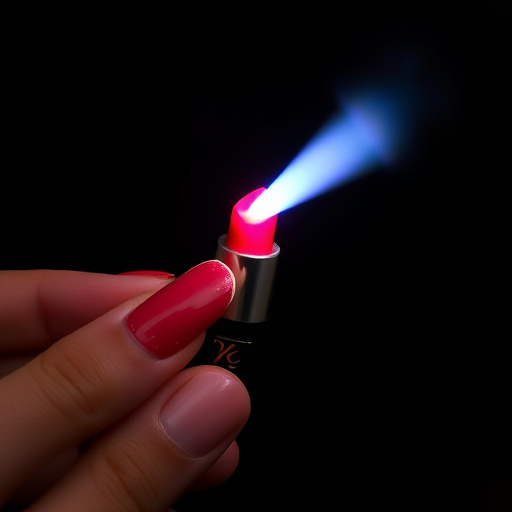Understanding state-specific regulations is crucial for civilian lipstick taser ownership in the US, where laws vary from unrestricted private ownership to requiring specialized training and permits. Potential owners must research state guidelines, attend certified training, and sometimes obtain licenses or permits to ensure compliance and make informed decisions about self-defense options.
“Unraveling the complexities of civilian taser ownership, this article provides a comprehensive guide to state laws governing ‘lipstick tasers’. With a focus on legal perspectives, we explore the requirements for owning these non-lethal self-defense tools in various US states. From background checks to age restrictions, understanding your rights and responsibilities is crucial. Dive into our analysis to navigate the legal landscape and make informed decisions regarding lipstick tasers.”
- Understanding Civilian Taser Ownership: A Legal Perspective
- State-by-State Requirements for Lipstick Tasers
- Navigating the Legal Landscape: Rights and Responsibilities
Understanding Civilian Taser Ownership: A Legal Perspective

Understanding civilian taser ownership from a legal perspective is crucial as the regulations vary significantly across states. In the United States, the availability and accessibility of lipsticks tasers—compact, easily concealable stun guns resembling lipstick tubes—have sparked both interest and controversy. The legal framework governing their possession typically involves licensing or permit requirements, background checks, waiting periods, and restrictions on where and how they can be carried.
State laws may differentiate between resident and non-resident ownership, with some states allowing unrestricted private ownership while others limit it to licensed individuals or law enforcement agencies. Certain jurisdictions have also implemented specific rules for lipsticks tasers due to their unique characteristics, aiming to balance personal protection and public safety concerns. These regulations often reflect ongoing debates about the appropriate role of civilian-owned stun weapons in society.
State-by-State Requirements for Lipstick Tasers

In the United States, the ownership and usage of lipstick tasers—non-lethal self-defense devices designed for ease of carry—are subject to varying state laws. Understanding these requirements is essential for those considering adding a lipstick taser to their personal safety arsenal. Each state has its own set of regulations governing the purchase, possession, and use of such devices, ranging from strict licensing mandates to more permissive frameworks.
For instance, some states like California require individuals to undergo specialized training and obtain a permit before purchasing or carrying a lipstick taser. Other states, such as Texas, allow for unrestricted ownership as long as the device is not concealed in a manner that would make it difficult to retrieve during an emergency. It’s crucial for prospective owners to research their state-specific laws to ensure compliance and fully comprehend their rights and responsibilities regarding lipstick tasers.
Navigating the Legal Landscape: Rights and Responsibilities

Navigating the legal landscape surrounding civilian Taser ownership involves understanding a web of state laws and regulations. Each U.S. state has its own guidelines on who can possess and carry a Taser, with varying requirements for age, training, and purpose. For instance, some states allow law enforcement and individuals with concealed carry permits to own lipstick tasers—nonlethal weapons designed to stun and temporarily incapacitate—while others restrict their use to authorized personnel only.
Knowing your rights and responsibilities is paramount when considering Taser ownership. Potential owners must review state-specific laws, attend certified training courses, and sometimes obtain special licenses or permits. Failure to comply with these legal requirements can result in severe penalties, including fines and imprisonment. Additionally, understanding the limitations and potential risks associated with lipstick tasers ensures informed decision-making regarding self-defense options.
In conclusion, understanding the legal aspects of civilian Taser ownership, particularly regarding lipstick Tasers, is essential for ensuring compliance with state laws. Each jurisdiction has its own set of requirements and regulations that must be navigated carefully. By familiarizing themselves with these rules, individuals can exercise their rights responsibly while respecting local legislation. This knowledge empowers citizens to make informed decisions about obtaining and using a lipstick Taser, fostering a balance between personal protection and public safety.
